Problem-Solving Skills Normal Addition Facts Worksheets for Ages 4-9
5 filtered results
-
From - To
Enhance your child's mathematical journey with our Problem-Solving Skills Normal Addition Facts Worksheets, specifically designed for ages 4-9. These engaging worksheets encourage young learners to practice addition while developing critical problem-solving skills. Each worksheet offers a variety of fun exercises that help students understand basic addition concepts, fostering a love for math. With a focus on real-life applications, these resources inspire children to think creatively and find solutions independently. Perfect for classroom use or at-home learning, our worksheets provide the foundational support needed for confident math problem solvers. Start building strong arithmetic skills today!


Tricky Problems Worksheet: Part 1


7 Continents and 7 Seas Worksheet


Tricky Problems Worksheet: Part 2
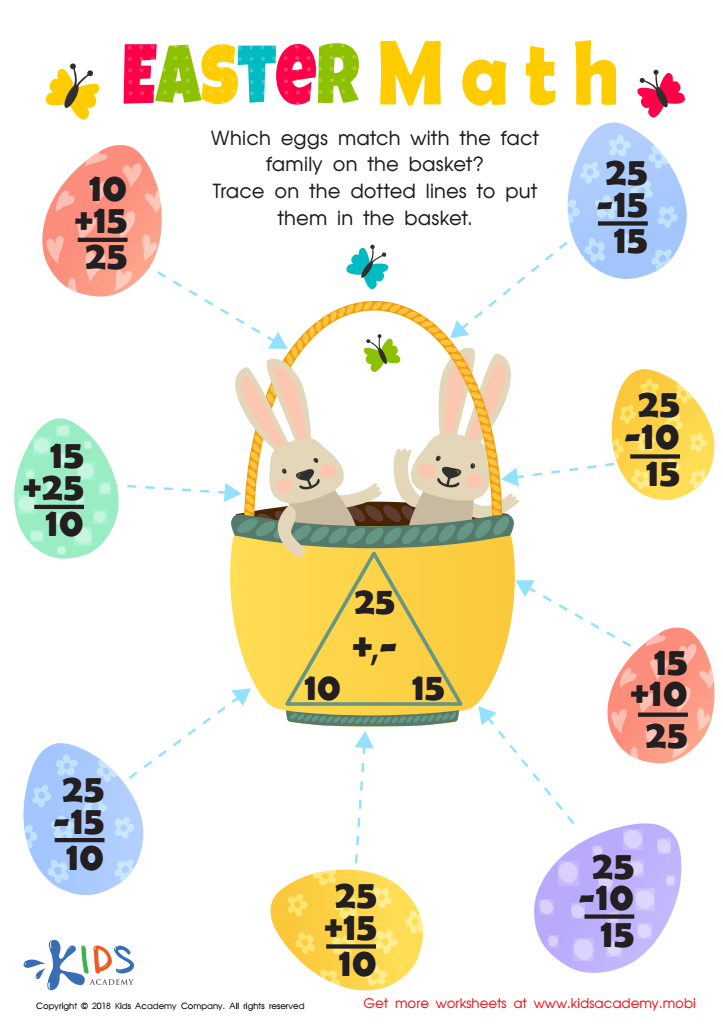

Fact Families: Easter Math Worksheet
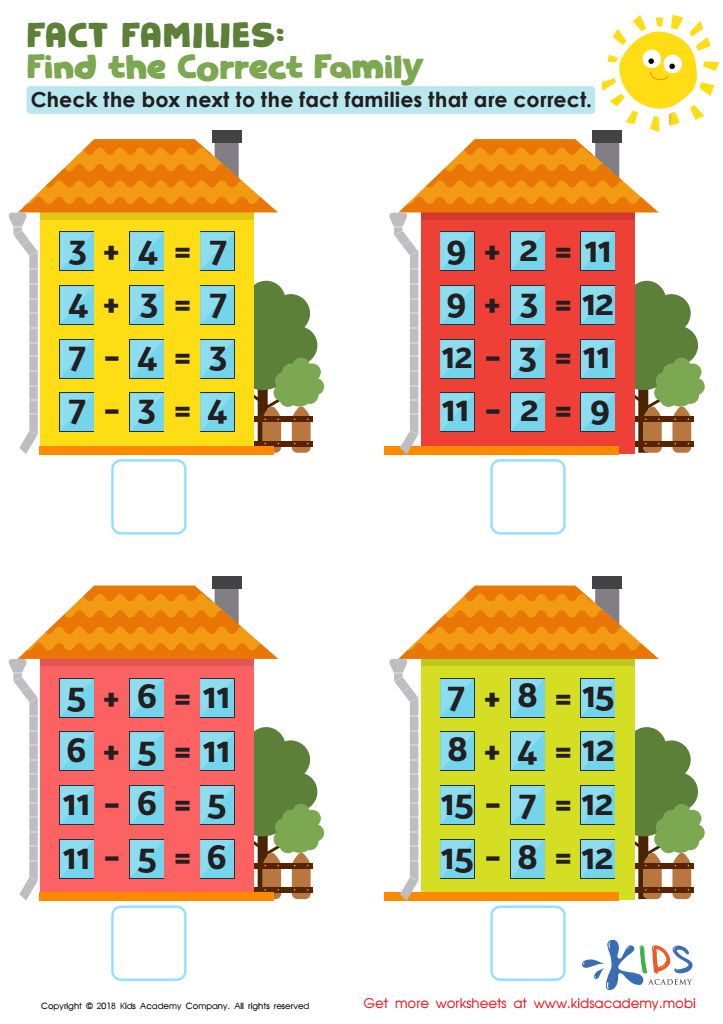

Fact Families: Find Correct Family Worksheet
Problem-solving skills, especially relating to normal addition facts for children aged 4-9, are essential in early childhood education. These skills not only foster a foundational understanding of mathematics but also help develop critical thinking, resilience, and creativity in children. Mastering basic addition enables children to approach math confidently and provides a building block for more complex math concepts in the future.
Parents and teachers should be particularly interested in how children learn to solve problems through addition, as this plays a crucial role in their cognitive development. Engaging with math through playful activities, games, and real-life situations makes learning enjoyable and relevant, encouraging a positive attitude towards the subject.
Additionally, strong problem-solving skills enhance a child's ability to analyze information, make decisions, and discover logical pathways to arrive at solutions—skills that extend beyond math into everyday life scenarios. Moreover, working collaboratively on problem-solving fosters communication skills and teamwork, which are essential for social development.
By prioritizing the teaching of normal addition facts and problem-solving, parents and teachers can help equip young learners with the necessary tools to navigate both academic challenges and real-world situations effectively. This investment in their early education pays dividends throughout their lives.
 Assign to My Students
Assign to My Students
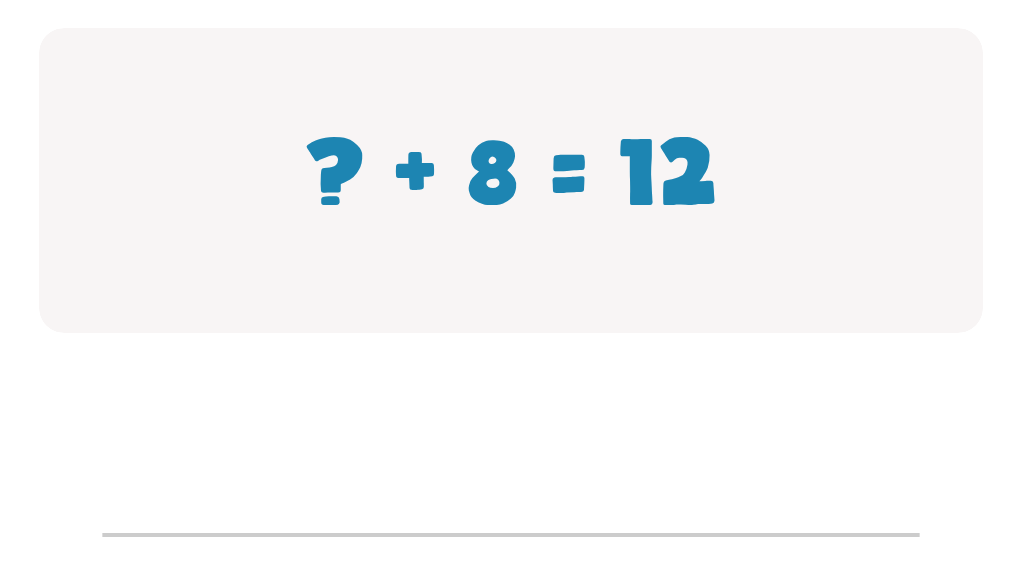
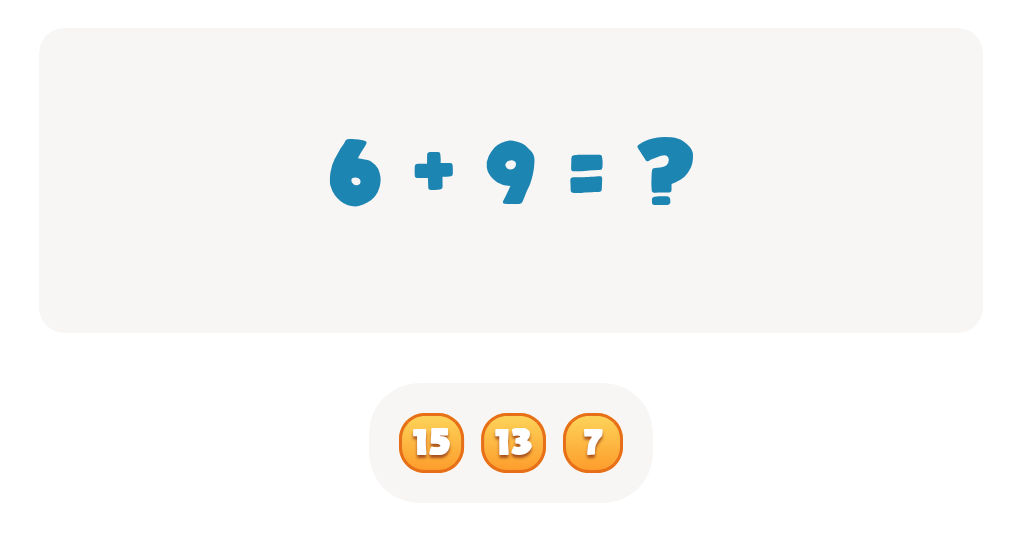
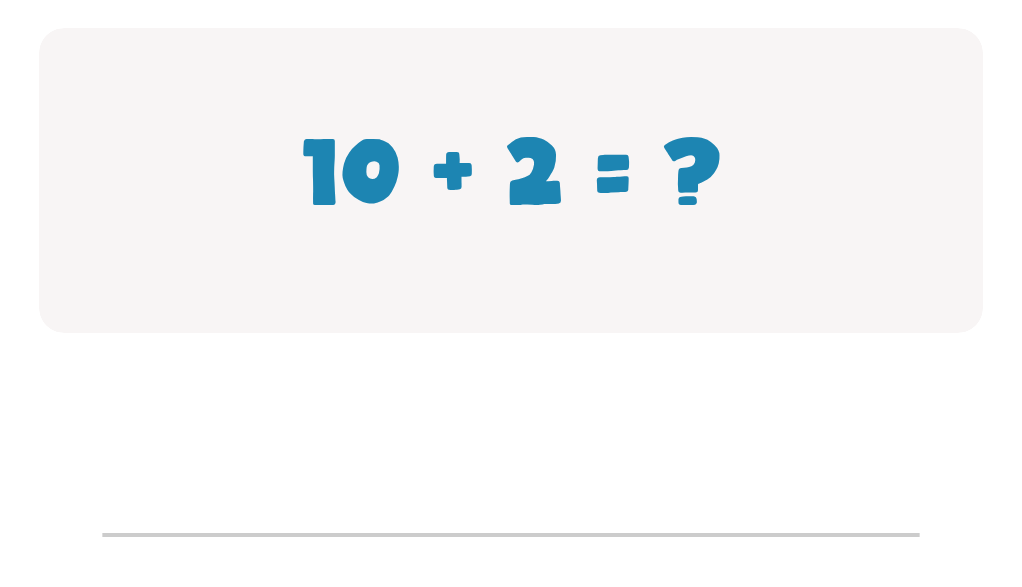
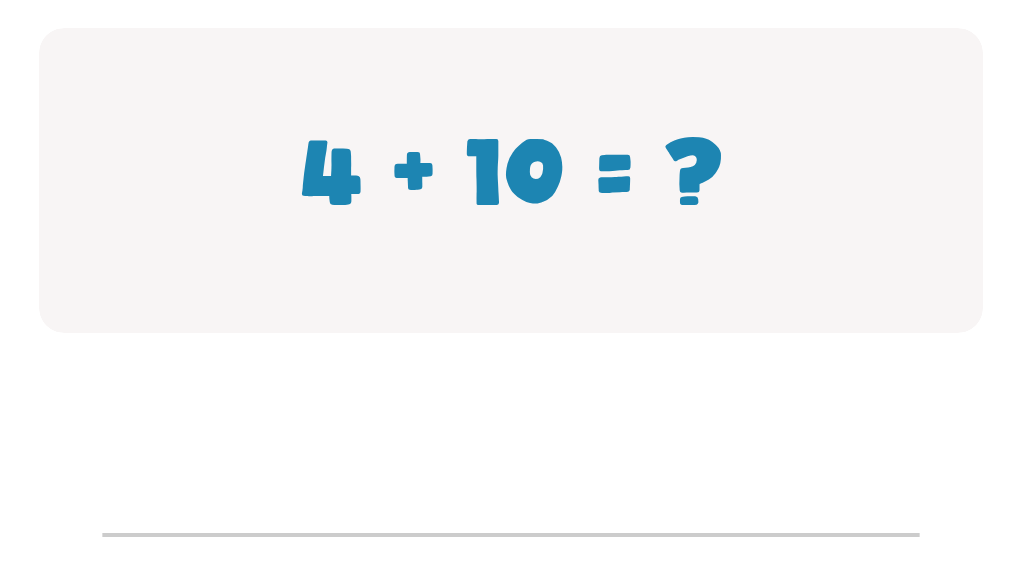
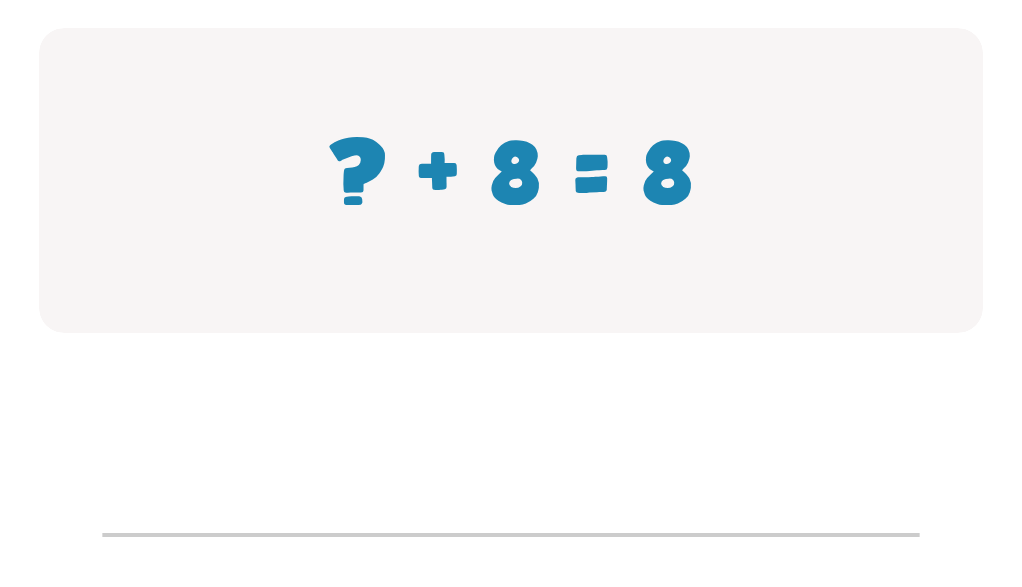
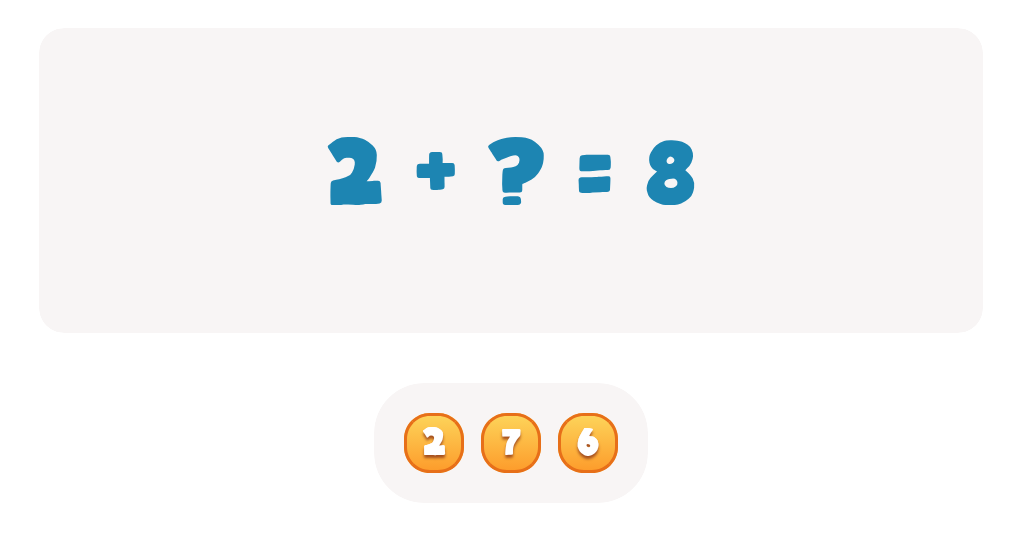
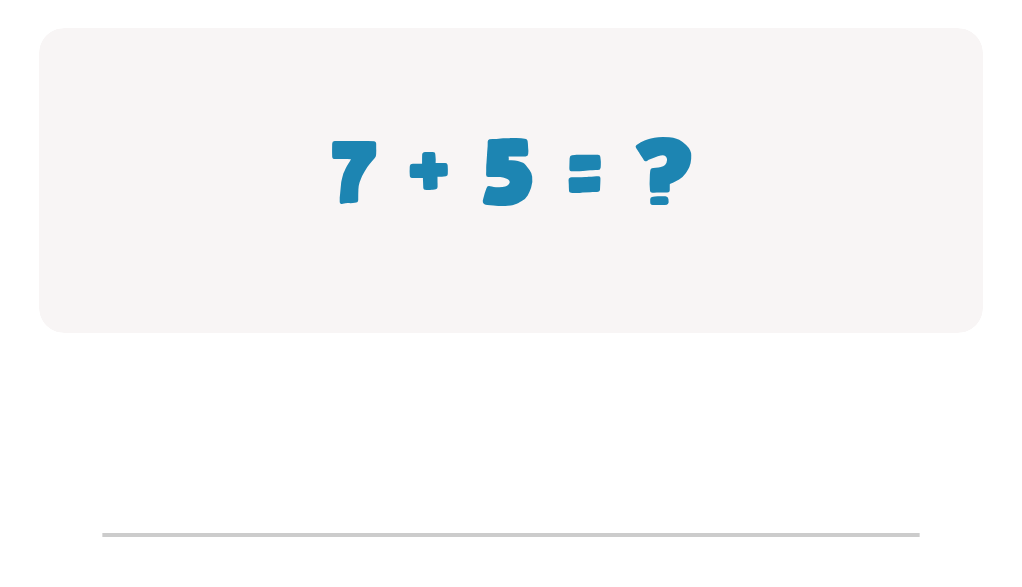
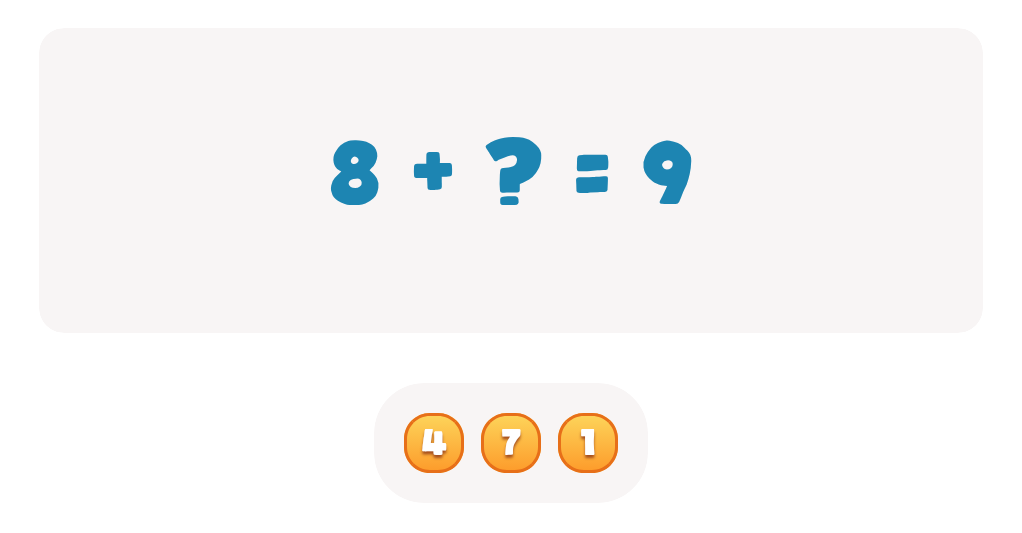

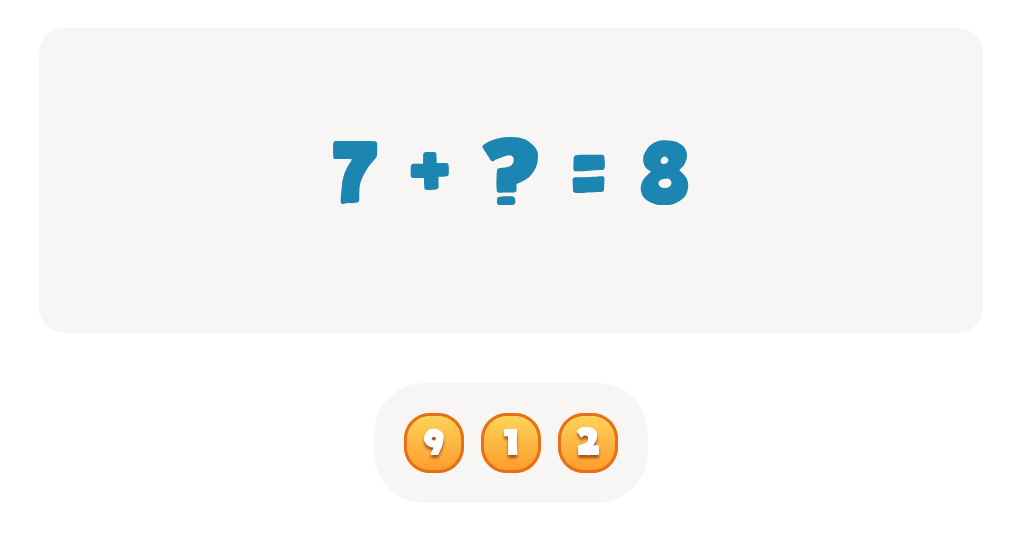






.jpg)









